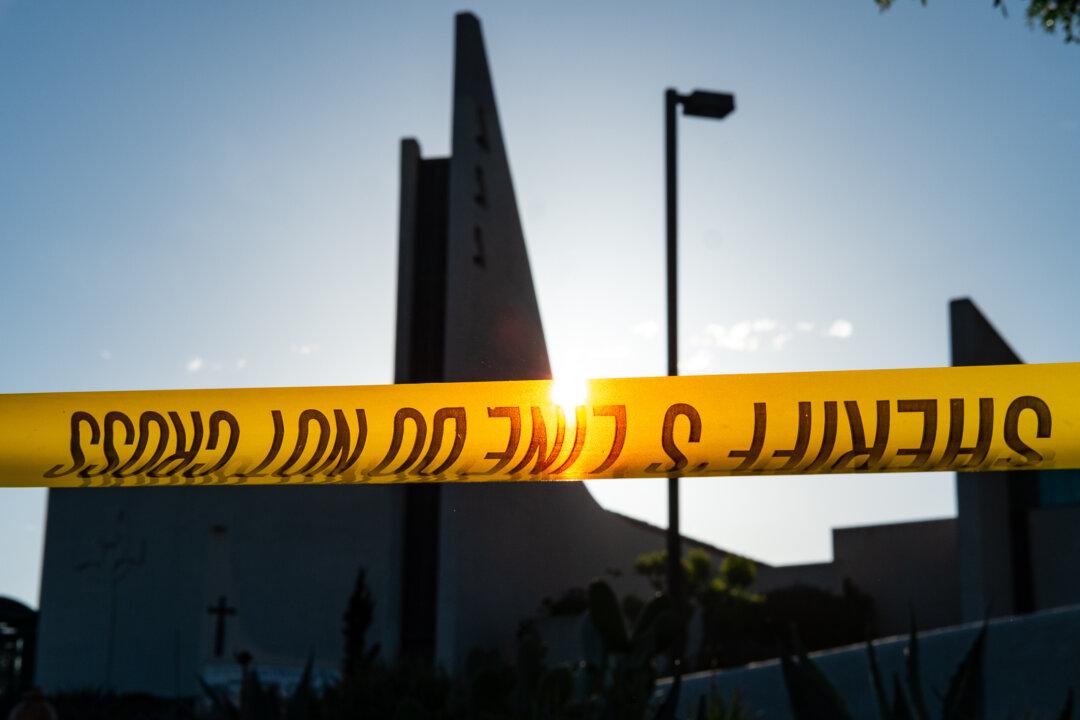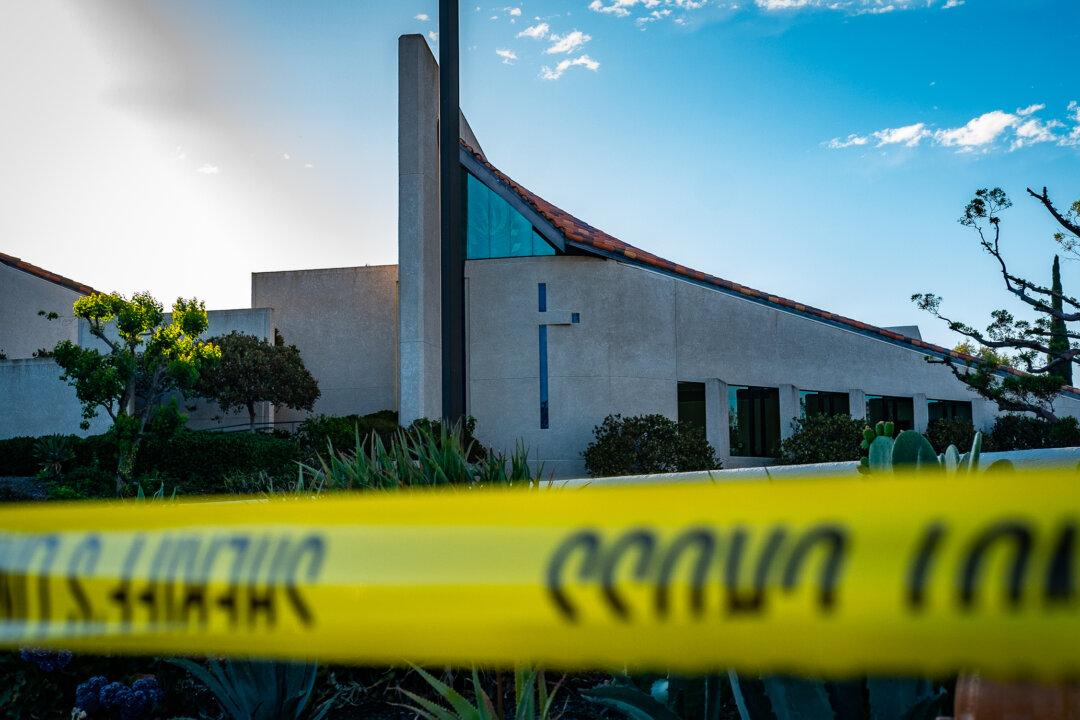HUNTINGTON BEACH, Calif.—The underwater pipeline that spilled thousands of gallons of oil off the coast of Huntington Beach may have been ruptured as much as a year ago, and multiple ship anchors may have struck the line in that time, a U.S. Coast Guard official said on Oct. 8.
Capt. Jason Neubauer, the Coast Guard’s lead investigator, said the crack in the pipeline could have developed at any point over the past year and expanded over time, so it remains unclear when oil actually began leaking.




